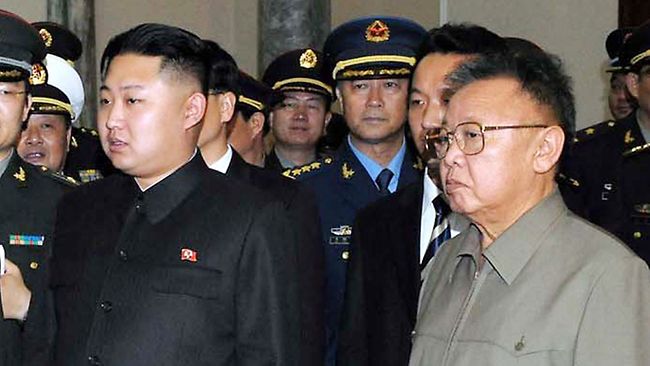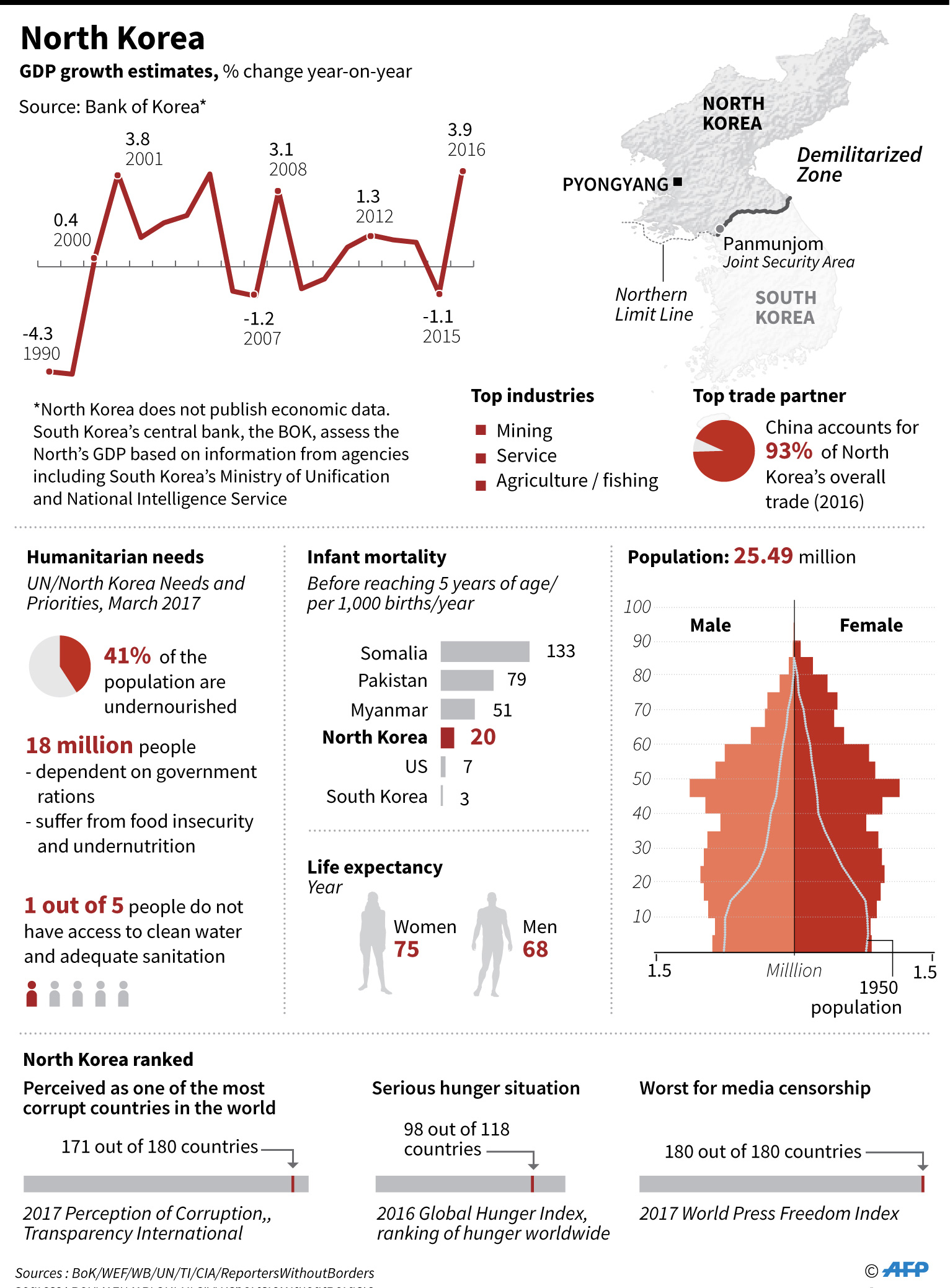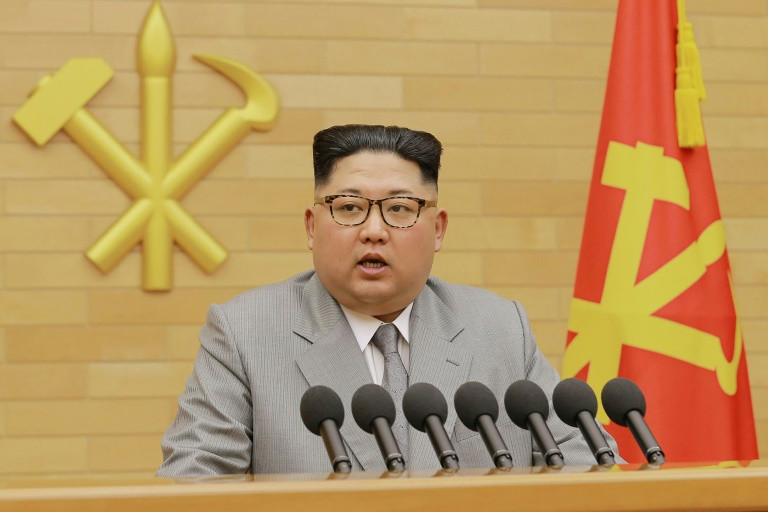The recent Pyongyang Summit between North Korea’s leader Kim Jong-Un and South Korea’s President Moon Jae-in, and U.S. Secretary of State Mike Pompeo’s latest mission in Pyongyang has raised hopes for a second Trump-Kim meeting, likely to be held before the end of the year. In spite of reports of productive talks, however, Donald J. Trump‘s administration does not appear to be capitalizing on the Singapore meeting and now risks dissipating the tenuous gains made last summer. The U.S. lacks a clear, viable policy objective, whereas South Korea seems to have happily relegated itself to the role of middleman between Pyongyang and Washington.
There is a limit to the number of “courtesy visits” that can be paid to Pyongyang without ever making tangible progress. The U.S. and North Korea are running out of both time and options for their domestic legitimacy. This year has seen a series of rapprochement and de-escalation after a very tense 2017, yet the two sides remain fundamentally distant in their approaches to negotiation. The question is what it takes to make tangible progress in the next U.S.-North Korea summit. To answer this question, a set of premises must be determined.
Role of Nuclear Weapons
First, the Trump administration must understand the survivalist nature of the North Korean regime and the role of its nuclear weapons. Any negotiation that doesn’t address this gap will fail.
In North Korea’s current political landscape, dismantlement of the nuclear program is unjustifiable without a feasible trade-off because North Korea has ensured its own survival over the last two decades by investing all its human capital in the development of nuclear weapons. The results of this effort have given legitimacy to both Kim Jong-Il and his son and successor Kim Jong-Un, taking their leadership as far as it could go amid sanctions and isolation.

Kim Jong-un is now faced with a choice: return to a belligerent posture or look for a new source of legitimacy for the regime. His latest moves, from the Singapore summit onward, suggest that he may be ready to denuclearize but only if he is presented with a better alternative for regime stability and security. Renewed signals that North Korea is willing to join international financial institutions point to this conclusion.
Cohesive and Shared Policy
Second, the U.S. and other stakeholders need a cohesive and shared policy, otherwise, no country is capable of solving the North Korean conundrum.
The primary concern of the U.S. towards North Korea has always been denuclearization, but that does not necessarily guarantee the end of instability on the peninsula, the primary concern for its neighbors. A denuclearized North Korea, aid-dependent and crippled by sanctions, with nothing left to offer its citizens, is an impending humanitarian disaster and a far graver threat to Pyongyang’s neighbors than it has ever been to Washington.
As long as the U.S. fails to acknowledge the strategic interests of the stakeholders — particularly Russia and China, who want to see economic prosperity and stability established on the peninsula — a viable policy will never take hold.
Need for Transformation
Finally, the need for transformation must be addressed before any real change can take place. Negotiations with North Korea have historically considered only the transactional aspect of the problem, namely the exchange of nuclear weapons for varying degrees of economic assistance. However, transactions alone will not modify the nature of the regime.
North Korea has behaved aggressively on the world stage for decades — the Rangoon bombing in 1983 and the KAL 858 flight bombing in 1987 being two notable examples — and will continue to do so as long as it remains a deeply impoverished country with an array of socio-economic issues, remediable only through sustained, two-digit economic growth.

Periodical injections of money cannot alleviate poverty in a nation whose political and economic fabric is not suited to foster growth. North Korea will cease to be an aggressive country when and if it is set onto the path to prosperity. Much like an addict who hasn’t yet come to terms with their deadly habit, no amount of sticks or carrots can convince North Korea to denuclearize without a genuine, fundamental paradigm shift. Any proposal that is not only transactional but also transformational in nature is certain to fail.
Make an Offer North Korea Can’t Refuse
These premises must be addressed simultaneously to instigate meaningful change. While the U.S. is the only one who can take the lead, it needs all other shareholders to support a policy aimed at making North Korea a viable state and a non-belligerent, economically prosperous neighbor, rather than just a disarmed state with an impoverished present and precarious future.
What should the U.S. do? We have argued elsewhere that Trump must call for a multi-stakeholder participation in denuclearization, a peace process, and rapid economic development. This is because a comprehensive economic package deal in exchange for denuclearization would not only provide Kim Jong-Un with a necessary source of domestic legitimacy that replaces nuclear weapons but also ensure prolonged stability for North Korea, which is the ultimate goal for all stakeholders.
What should the stakeholders do? A shared policy enforced through the collective pressure of all stakeholders (U.S., China, South Korea, Russia, and Japan) is the only way to deliver the right set of incentives and coercion. This is a balance of transactions and transformation, involving the provision of economic compensation in exchange for denuclearization, but wholly contingent upon a genuine shift of the regime’s economic ideology and political economy towards market reform and opening.
The plan must have a minimum duration of ten years, with potential for renewal upon mutual consent, to allow ample time for North Korea to establish a solid foundation for economic growth, and to account for the significant length of time required for the International Atomic Energy Agency’s nuclear dismantlement and inspection processes. This brings us to the third and final point: under what conditions can the stakeholders invest in North Korea’s future?
To introduce market-oriented economic reform, North Korea must begin by privatizing state-owned corporations to reduce the state sector and gradually expand the private sector which has already been the de facto driving force of the economy for the last decade. This unofficial sector must be nurtured and developed into an official market economy by introducing legislation that allows private corporations to be founded and put into operation. State-owned facilities and land must be reallocated to private owners, and corporations must be given the right to freely hire and lay off workers according to market principles. Additionally, investment law based upon market principles must be introduced to attract foreign capital and integrate North Korea into the world economy.
North Korea needs a blueprint for transformation; this is what the next Trump-Kim summit should bring to the table. Recent analysis called for direct U.S. support to Kim Jong-Un in his reform efforts, but we are yet to see the U.S. rally their unwavering support for a policy objective that aligns with each of the stakeholders’ concerns and at the same time requires the North Korean government to undertake a structural transformation.
I believe that the only viable option for the U.S. and all the stakeholders is to work towards the transformation of North Korea into a viable state, integrated within the world economy: a non-menacing, stable, and prosperous neighbor in East Asia.
Disclaimer: The views and opinions expressed here are those of the author and do not necessarily reflect the editorial position of The Globe Post.




















